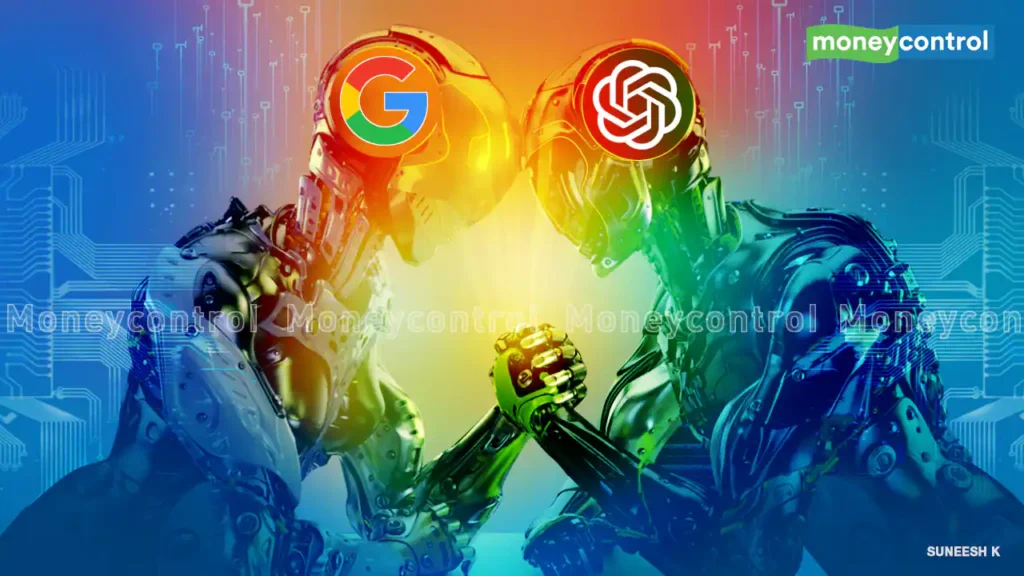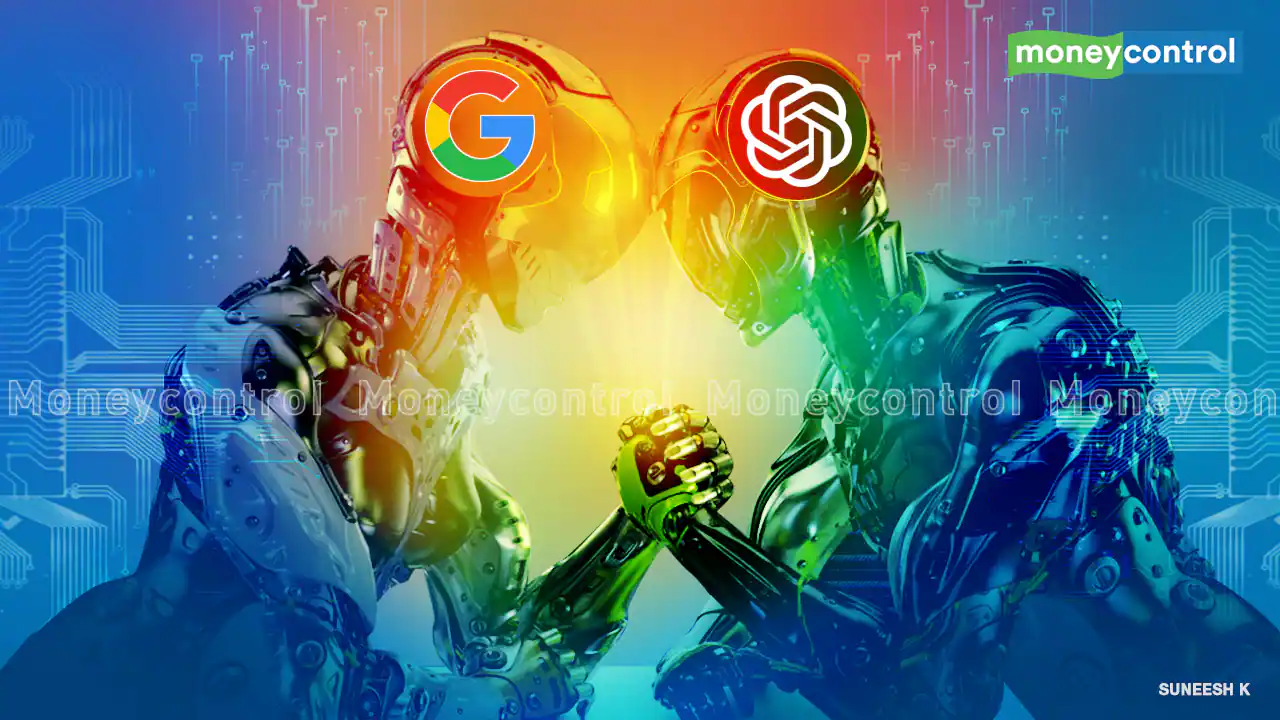
Introduction
In the ever-evolving AI landscape, two giants have emerged as frontrunners in 2025—OpenAI’s GPT-5 and Google’s Gemini 2. These large language models (LLMs) are shaping how we write, search, learn, code, and interact with technology.
While GPT-4 already revolutionized natural language processing, GPT-5 takes that further, delivering deeper reasoning and real-time multimodal intelligence. Meanwhile, Gemini 2, developed by Google DeepMind, has enhanced integration with Google products, combining search data with generative fluency.
In this blog, we compare GPT-5 and Gemini 2 across features, performance, accuracy, real-world use cases, and who’s winning the AI war in 2025.
Overview: What Are GPT-5 and Gemini 2?
🤖 GPT-5 (OpenAI)
Launched in early 2025, GPT-5 is OpenAI’s most powerful model to date. It brings:
- Stronger reasoning and memory
- Real-time multimodal processing (text, image, audio, video)
- Deeper personalization (user memory, tone, preferences)
- Integration across ChatGPT, MS Office (via Copilot), and API tools
🧠 Gemini 2 (Google DeepMind)
An upgrade from Gemini 1.5, Gemini 2 leverages:
- Tight integration with Google Search, Workspace, Android
- “Long-context” memory (1 million+ tokens)
- Stronger visual and data comprehension
- Fast access to real-time web info through Bard/Gemini
Feature Comparison: GPT-5 vs Gemini 2
| Feature | GPT-5 (OpenAI) | Gemini 2 (Google) |
|---|---|---|
| Model Type | Transformer + Memory & Personalization | Multimodal Transformer (Gemini Ultra 2) |
| Multimodal Support | Yes (Text, Code, Images, Audio, Video) | Yes (Images, Charts, Audio, Video) |
| Web Browsing | Limited (via tools/API) | Integrated via Google Search |
| Context Length | ~128K tokens (Pro users) | Up to 1 million tokens |
| Real-Time Data Access | Limited (without plugins/tools) | Native via Google Search |
| Integration | MS Copilot, ChatGPT, API, iOS/Android | Google Search, Gmail, Docs, Android |
| Memory and Personalization | Advanced user memory (Pro accounts) | Contextual, but less memory-focused |
Real-World Use Cases in 2025
✍️ 1. Writing and Content Creation
- GPT-5 shines for creative writing, storytelling, and tone-specific content.
- Gemini 2 is strong with data-backed writing, summaries from the web, and multilingual support.
Verdict: GPT-5 wins for style and customization; Gemini is better for factual, research-based content.
💼 2. Office Productivity
- GPT-5 (via MS Copilot) assists with Excel automation, PowerPoint design, and email drafting.
- Gemini 2 powers Gmail smart replies, Google Docs summarization, and Slides integration.
Verdict: Gemini is smoother inside Google ecosystem; GPT-5 wins in Microsoft apps.
👨💻 3. Coding and Debugging
- GPT-5 supports multiple programming languages, builds full apps, and offers contextual explanations.
- Gemini 2 is catching up, especially in Android and Firebase development.
Verdict: GPT-5 still leads in code generation and software architecture design.
🎨 4. Multimodal Creativity (Images, Audio, Video)
- GPT-5 integrates with DALL·E, Whisper, and Sora for image, speech, and video generation.
- Gemini 2 offers in-line image generation and chart understanding inside Docs and Sheets.
Verdict: GPT-5 offers richer, more creative output; Gemini has better native tool integration.
Strengths & Weaknesses
✅ GPT-5 Strengths:
- Human-like reasoning and conversation
- Excellent creative writing and summarization
- Powerful coding assistant
- Memory retention in Pro version
- Supports image/audio/video generation
❌ GPT-5 Weaknesses:
- Limited access to real-time web data
- Heavier processing power required
- Some tools behind paywalls (ChatGPT Plus)
✅ Gemini 2 Strengths:
- Real-time data via Google Search
- Deep integration with Android and Google Docs
- Long context handling (1M+ tokens)
- Fast responses for factual queries
❌ Gemini 2 Weaknesses:
- Less consistent in long-form creative writing
- Personalization and memory are limited
- Complex prompts often require refinement
Which Model Should You Use in 2025?
💡 For Content Creators & Writers:
GPT-5 offers superior creative tone, story development, and customizable writing tools.
💼 For Professionals Using Google Workspace:
Gemini 2 is ideal if you work inside Gmail, Docs, Sheets, and Search daily.
👨💻 For Developers:
GPT-5 is still the best AI coding assistant, with multi-language support and clear explanations.
📱 For Android Users:
Gemini 2 offers a smoother native experience through Gemini Nano on Android 15.
What the Future Holds
Both GPT-5 and Gemini 2 are stepping stones to even more powerful AI. Google is expected to push Gemini 3 by late 2025 with faster processing, while OpenAI is expanding Sora for video and new voice agents.
Meanwhile, Apple is entering the game with Apple Intelligence, and Meta is building LLaMA 4 for social experiences.
In short: AI competition is fueling innovation like never before.
Conclusion
In the GPT-5 vs Gemini 2 battle, there’s no clear loser—only different strengths for different users. OpenAI dominates in creative, conversational, and coding spaces, while Google excels in search, integration, and real-time accuracy.
Whichever model you choose, 2025 is proving to be the most exciting year yet for artificial intelligence. From productivity to personal assistance, AI is no longer just futuristic—it’s foundational.

